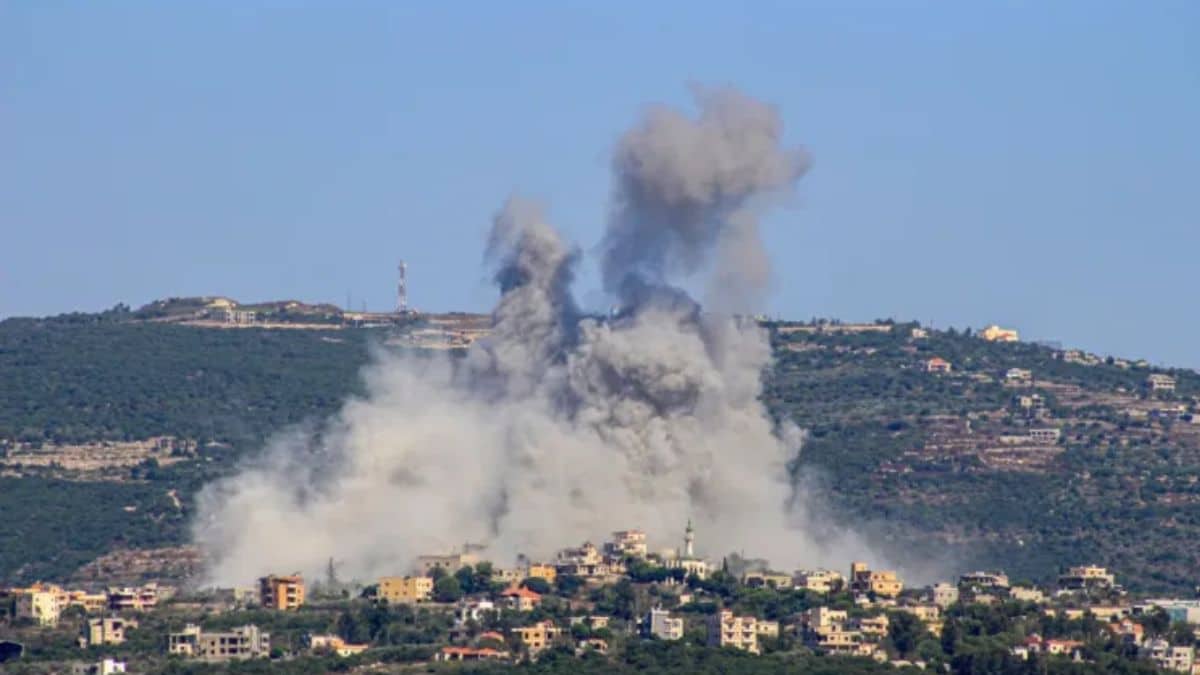Israel has launched drone strikes in southern Lebanon, reportedly killing two individuals, following a weekend rocket attack on the Israel-occupied Golan Heights, which Israel attributes to Hezbollah. This incident raises concerns that the ongoing war in Gaza might escalate into a broader regional conflict.
Lebanese state media reported that one strike targeted a motorcycle near the border, resulting in two fatalities and injuring a child. A separate strike resulted in injuries to two additional individuals in southern Lebanon. The Israeli military confirmed targeting Hezbollah operatives and infrastructure but did not provide further details.
The recent rocket attack, which killed 12 children and youths in the Golan Heights, has intensified tensions. Hezbollah, aligned with Iran, has denied responsibility but has vowed to continue its attacks on Israel in solidarity with Gaza.
On Sunday, Israel’s security cabinet authorized Prime Minister Benjamin Netanyahu’s government to retaliate. According to Israel’s largest newspaper, Yedioth Ahronoth, Israeli officials indicated that the response would be “limited but significant,” with potential targets including infrastructure like bridges, power plants, ports, or Hezbollah weapons depots.
In anticipation of Israeli retaliation, Hezbollah and affiliated groups have evacuated positions in Lebanon and Syria that could be targeted. Concerns about potential Israeli counterattacks have also impacted Beirut’s international airport. Al Jazeera’s Zeina Khodr reported chaos at the airport on Monday morning, with airlines cancelling flights and passengers queuing outside the terminals. “There is concern that the airport could be a target,” Khodr noted, mentioning Israeli drones flying overhead throughout the night.
Both Israel and Hezbollah have mostly limited their hostilities to border areas and military targets since they began trading blows in October, aiming to avoid a full-scale war. However, Khodr highlighted growing concerns in Lebanon that recent attacks could escalate the conflict, potentially leading to strikes deeper into the country.
Randa Slim, a senior fellow at the Middle East Institute in Washington, DC, commented that neither Israel nor Hezbollah is currently interested in an all-out war due to the unpredictable and uncontrollable consequences, including potential involvement from Iran. “I don’t think the Israeli prime minister is at this point interested in an all-out war,” Slim stated, emphasizing the risks of mass displacement and lengthy fighting.
The situation remains tense, with the potential for further escalation hinging on the responses from both Israel and Hezbollah in the coming days.

